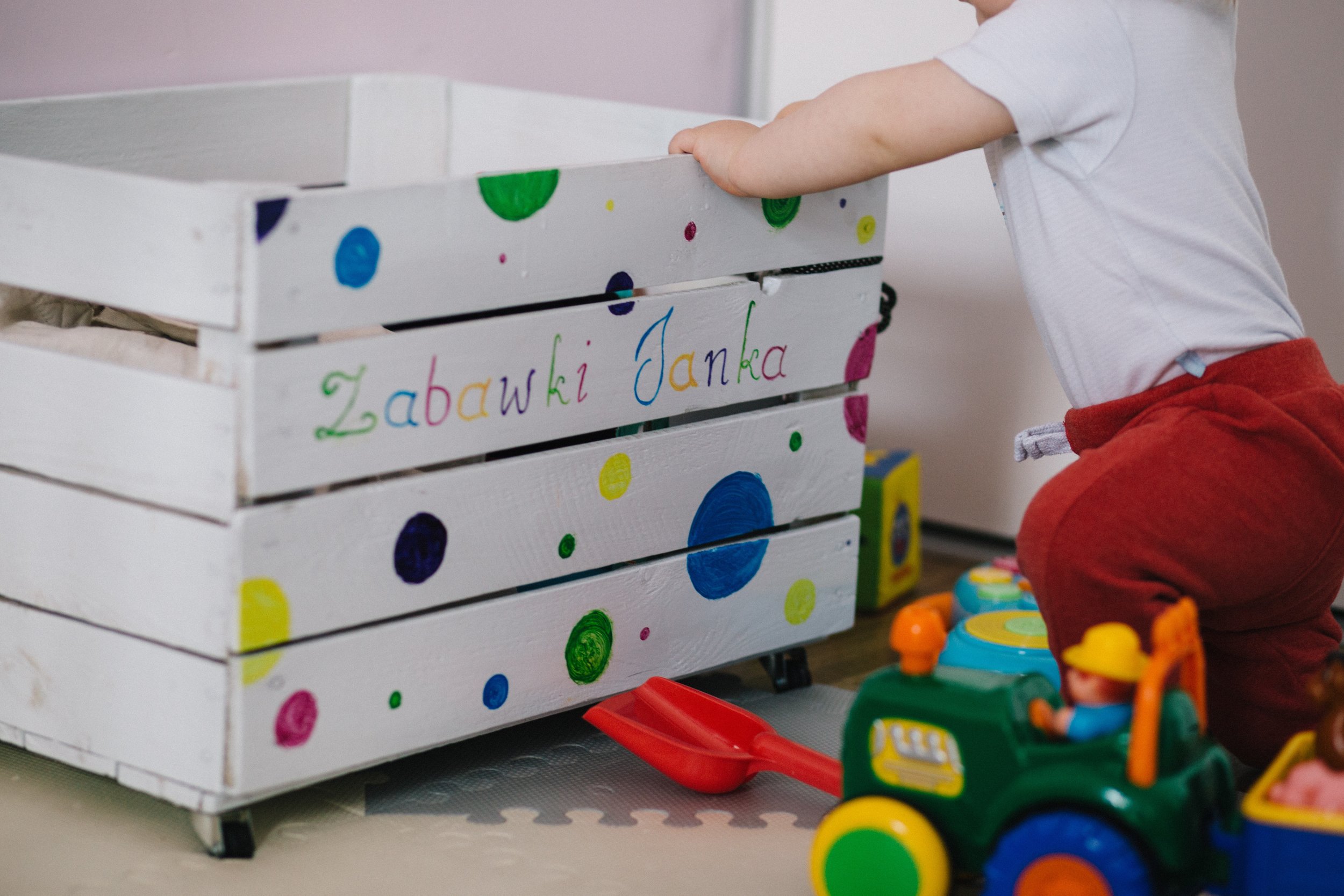How To Teach Your Minis House Chores and Enjoy It!
/The word “chore” tends to have a negative connotation. I can think of a million other things that are more fun than washing the dishes, folding laundry, or cleaning out the fridge—but it has to get done.
Teaching the value of chores to your kids can be a positive experience. It will require lots of patience, encouragement, and open communication. Household chores are about giving your kids the opportunity to participate in something greater than themselves which will foster a sense of life purpose.
Having your children participate in chores also teaches them responsibilities, basic household skills, and the value of hard work that they will take with them into adulthood.
Start as early as possible
Children are capable of doing a lot more than we realise. We need to give them the opportunity to show us.
You can teach basic chores to your child as young as 2 years old. Have your toddler put away their toys, toss rubbish in the bin, and fetch their own diapers and wipes.
Have patience
Your child’s “assistance” might take twice as long to complete than you doing it yourself, but resist the urge to shoo your toddler away when they volunteer to help you with chores.
Accept your child’s enthusiasm. If they’re younger, their work probably won’t be the best or the most efficient way to complete the job, but at least they’re eager to help you!
Demonstrate gratitude
This ties into teaching your children gratitude which extends above good manners. It’s a matter of perspective. Demonstrating gratitude to your children for their thoughtfulness and efforts is the best way to instil gratitude into their daily lives.
Practising gratitude teaches that the toys, food, and comforts in the home don’t manifest out of thin air. Everything takes effort and work— when children realise that, they’re less likely to have that sense of spoiled entitlement and can begin to develop a healthy understanding of how interdependent we are.
Create a routine
If you want these lessons to stick with your kids, make a routine out of it. Take the nagging out of chores and make some chores a non-negotiable action.
For example: Get your children to automatically used to picking up after themselves once they’re done playing; have everyone in the family assemble to the dinner table and clear it away after meals, or emptying the trash bin if they’re the last to fill it up.
You can also schedule a family cooking night on Sundays where the kids help prepare the meal, teach your kids to maintain the garden, or take the dog on the evening walk together after homework.
Give more responsibility and autonomy
Chipping into household chores teaches your children how to work, be accountable, and earn a sense of pride for their efforts.
The more accustomed they’ve become to doing simple chores, the better they’ll be at learning new complex tasks. Like taking on extra jobs to earn spending money, teaching family budgeting, and cooking meals.
Avoid nagging
Practice makes better! Sometimes we can’t help but nag when frustration builds, but learning to use our words effectively will have a better effect on your children’s willingness to participate in chores.
Clearly communicate your expectations to your children ahead of time. You can also opt for one-word reminders instead of lengthy nags to prompt your kids to complete a task.
Set a good example
Motivation and emotion play a huge factor in getting your children to participate in chores. Children have a natural drive to be productive and are drawn to ask with clearly set goals.
If you show your children how to do your chores around the house in a timely manner without complaints, they are likely to model these behaviours after you. Let them know what tasks you’re working on and why it’s important to the family.
Having your children participate in chores also teaches them responsibilities, basic household skills, and the value of hard work that they will take with them into adulthood.
Conclusion
Manual tasks and learning to go hand in hand. Cooking, cleaning, laundry, equip your children with the skills they’ll need to function as an independent adult. These are skills that aren’t taught in school but are taught in the real world and in your home.
Download our Free Family Planner and place it on your fridge to help establish a family routine with chores.











